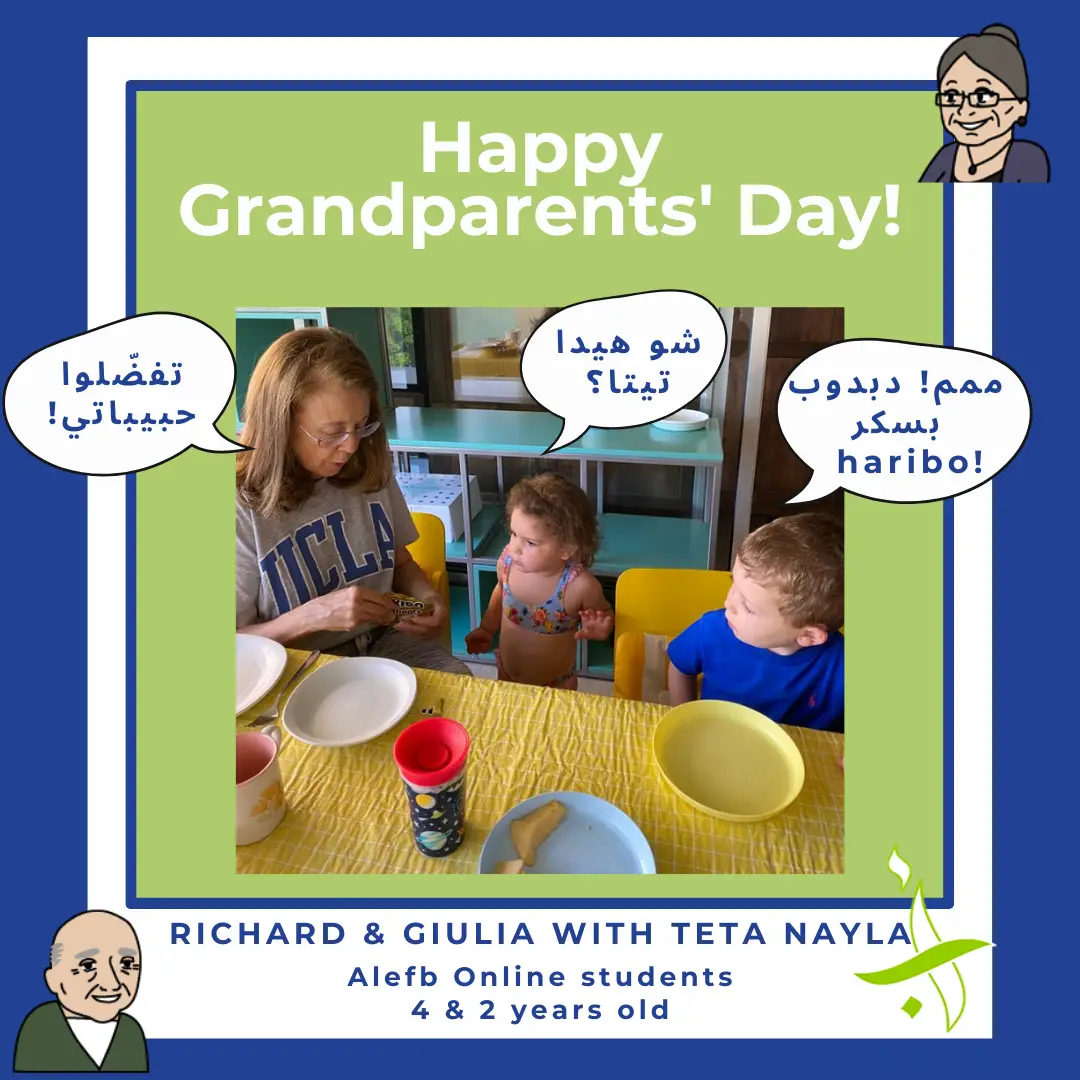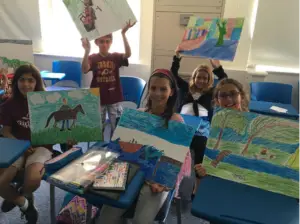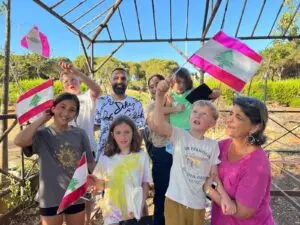Grandparents play an invaluable role in the lives of their grandchildren. They are a source of wisdom, love, and cultural heritage. As we celebrate Grandparents’ Day, it’s essential to recognize the significant role that grandparents play in transmitting the Arabic language and culture to future generations. Arabic culture is rich and diverse, and its preservation is crucial for maintaining a sense of identity and heritage among Arab families around the world.
Passing Down the Arabic Language
Language is one of the most crucial aspects of any culture, and grandparents often serve as the primary bridge between generations when it comes to preserving their native language. For many Arab families, grandparents are the keepers of the Arabic language. They provide children with the opportunity to learn and fluently speak Arabic, ensuring that it remains a vibrant part of their lives.
Grandparents often share stories, anecdotes, and even teach traditional songs and poems in Arabic, helping children connect with their cultural roots. This linguistic heritage becomes a gift that grandchildren carry with them throughout their lives, enabling them to communicate with older family members and access the wealth of Arabic literature and art.
Sharing Cultural Traditions
Arabic culture is rich with traditions, customs, and rituals that have been passed down through generations. Grandparents are the torchbearers of these traditions, and they play a pivotal role in ensuring that these customs are preserved and celebrated.
From cooking traditional Arabic dishes to celebrating religious and cultural holidays, grandparents impart their knowledge and love for these traditions to their grandchildren. These shared experiences not only strengthen the bond between generations but also create a sense of belonging and pride in one’s heritage.
Transmitting Values and Stories
Grandparents are often the storytellers of the family, weaving tales of their own experiences, family history, and the values that have shaped their lives. These stories not only entertain but also educate, passing down important life lessons and moral values that are deeply rooted in Arabic culture.
Through storytelling, grandparents help their grandchildren understand the significance of concepts like hospitality, generosity, respect for elders, and the importance of family bonds. These values are an integral part of Arabic culture and contribute to the overall well-being and character development of the younger generation.
Bridging Generational Gaps
In today’s rapidly changing world, where cultures can sometimes clash or become diluted, grandparents act as a bridge between the old and the new. They provide a sense of continuity and stability, ensuring that Arabic culture remains a constant presence in the lives of their grandchildren.
Grandparents can help younger generations navigate the challenges of modernity while holding onto the core values and traditions that define their heritage. This intergenerational connection fosters a sense of identity and pride, making it easier for grandchildren to embrace their Arabic culture in an ever-changing world.
On Grandparents’ Day, let us celebrate and honor the pivotal role that grandparents play in preserving the Arabic language and culture. Their wisdom, love, and dedication ensure that the rich heritage of the Arab world continues to thrive in the hearts and minds of future generations. By passing down language, traditions, values, and stories, grandparents empower their grandchildren to embrace and carry forward the beauty and diversity of Arabic culture, fostering a sense of belonging and cultural pride that will last a lifetime.
Don’t miss the video made by Kaila and her Teta. Kaila is one Alefb Online student. Very proud of you 🙌




